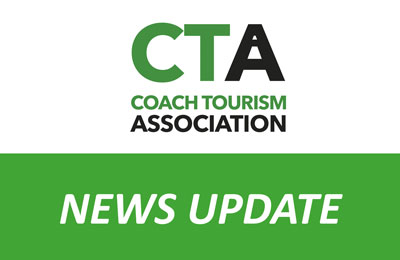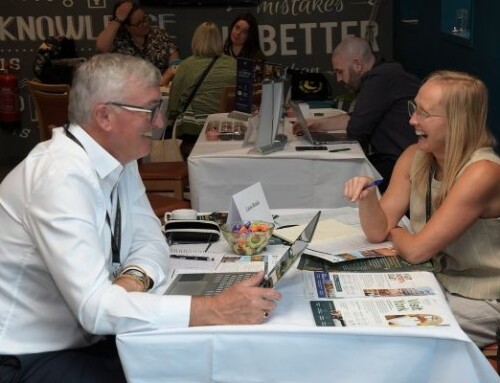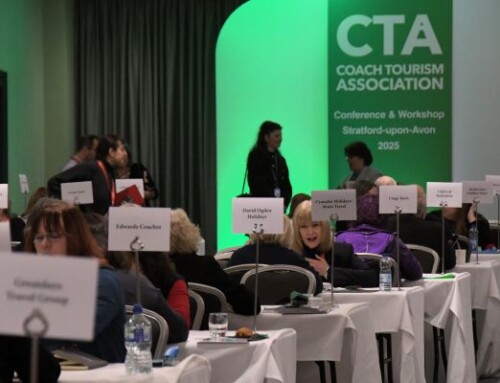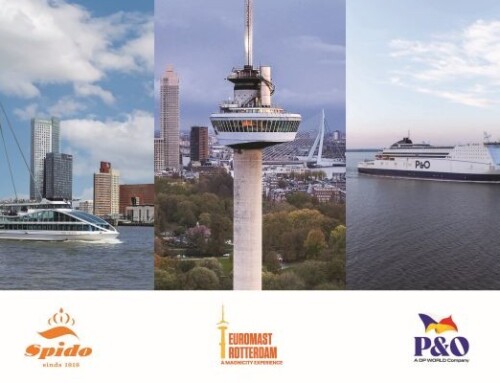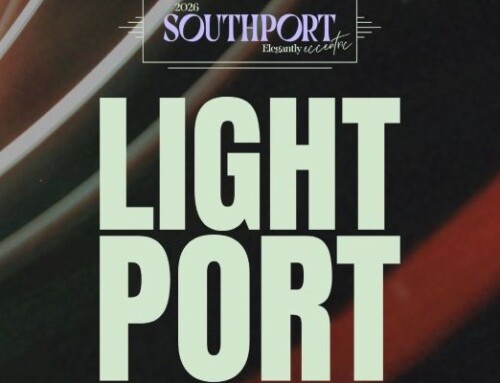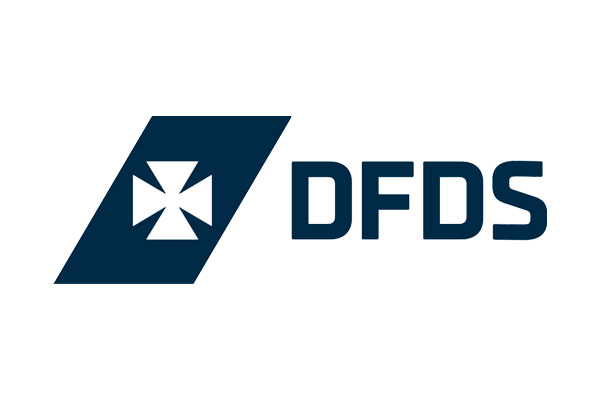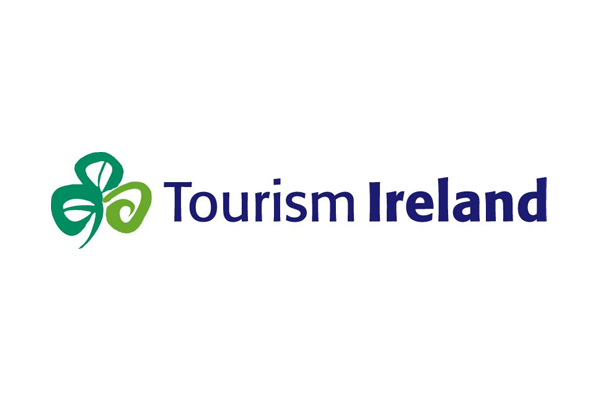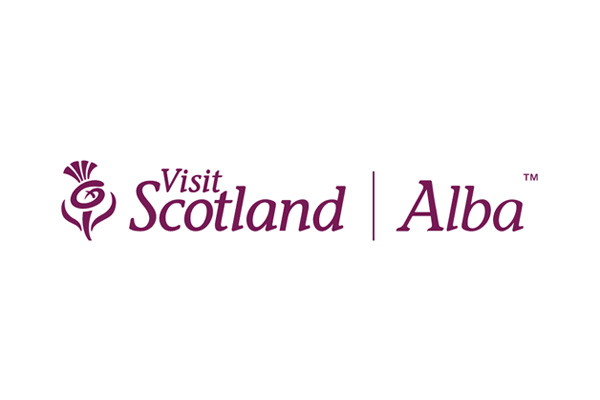COVID-19 Updates – week commencing 03/05/21
More updates of developments from the government and various links to interpretation and guidance.
Go to date:
4 May 2021 …
Primary Guidance For Restaurants, Pubs, Bars And Takeaways Updated
The working safely during Coronavirus guidance for restaurants and pubs has been updated ahead of Step 3 on 17th May. The main updates are to confirm what was already expected, namely that in being able to serve customers inside:
-
- Customers will have to be seated hand have table service in premises licensed to sell alcohol
- Customers will be allowed to be served in groups of 6 people or 2 households of any size indoors, or in groups of up to 30 people outdoors.
- Live performance events and business events, should have a cap on attendance of:
- 1,000 people or 50% of a venue’s capacity, whichever is lower – indoors
- 4,000 people or 50% of a venue’s capacity, whichever is lower – outdoor
Coronavirus APPG Report
No doubt you saw in the news over the weekend that the Coronavirus APPG released a short report that stated that:
The UK government should discourage all international leisure travel to prevent the importation of new variants into the UK, in order to reduce the risk of a third wave and further lockdowns. This recommendation should be implemented immediately and reviewed on a quarterly basis.
While this is deeply unhelpful to reopening the international tourism industry and has no real chance of being adopted by the Government which plans to announce the details of the traffic light system to reopen international travel later this week, it is also worth noting that the report (attached did have some worthwhile recommendations regarding:
-
- The need for the government to provide adequate financial support to businesses operating in the travel industry.
- The need for an international standard for proof of negative Covid-19 test and/or proof of vaccination
- The need for adequate resources to be allocated to covid security at ports of entry
Extension to Payment Deadlines
Payment deadlines have been extended for the following schemes:
-
- LRSG (Open)
- LRSG (Sector)
- LRSG (Closed)
- LRSG (Closed) Addendum
- LRSG (Closed) Addendum: Tier 4
- LRSG (Closed) Addendum: 5 January onwards (first 6-week payment only)
- Closed Businesses Lockdown Payment.
Local Authorities now have until 14th May 2021 to make payments to businesses that have applied for any of these schemes.
Compliance With Self-Isolation Requirements
ONS has published the results of a survey on compliance with self-isolation. The headline figure is that 84% od people who are told to self-isolate are complying with the requirements over the full 10 day period which is good news. However, that still means that almost 1 in six people are not complying and, more worryingly, almost a quarter of the people not complying are still going to work. It is therefore important that businesses make sure that staff that have been told to self-isolate, do not return to work.
Relaxation On Attendance At Funerals
Over the weekend the Government announced that the number of people allowed to attend funerals would be relaxed as part of Step 3. This means that, from 17th May, there will be no set limit on the number of people able to attend a funeral in England. Rather, the number of people who can attend a funeral will be determined by how many people the venue can safely accommodate with social distancing between each household.
However, this relaxation does not apply to weddings and other life events where limits on the number of people that can attend will remain the same as set out in the Government’s roadmap.
https://www.gov.uk/government/news/limit-on-mourners-at-funerals-to-be-removed
6 May 2021 …
Tourism Alliance updates:
Distribution of ARG Funding
The latest figures on the distribution of ARG funding have been released by BEIS and show that there are still a significant number of councils in tourism areas that are not getting this funding to businesses quickly enough. The new figures are to the end of March, so they are about five weeks in arrears, but even so there are some councils that have barely started distributing this funding to business. Some examples are:
-
- Stratford upon Avon has only distributed £74k of the £3.8m that they have received (just 2%) – this is the same as they reported as having distributed in February so they haven’t distributed anything during March
- Southampton has only distributed £216k of the £7.3m that they have received (just 3%) – they reported distributing £207k at the end of February so they only managed to distribute £9k during March
- Kingston Upon Thames has now distributed £659k (up from £137k last month) but this is still just 13% of what they have received
- Southend has distributed just £12.6k to six businesses since November 2020 – this is just 0.2% of the £5.1m that they have received.
Bear in mind that to be eligible for the next tranche of ARG funding, councils have to distribute this funding by 30 June – so they now have less than two months to do this.
It is worth businesses that have applied for ARG funding checking the distribution figures for their council to ensure that they are not dragging their feet on providing businesses with much needed support.
Guidance for Visa Applicants
The Home Office has updated the guidance for people from red list countries wanting a transit visa. The guidance is that the Home Office’s pause on issuing transit visas has now been lifted and people from red list countries wishing to apply for a visitor in transit or direct airside transit visa can now do so.
G7 Meeting on International Travel
DfT has published a press release on the outcome of a meeting of G7 Transport ministers today at which they agreed to to identify common goals and principles that will help develop globally recognised travel standards for when international travel reopens. This includes best practices for sharing scientific data and promoting coordination on universally recognised travel certificates.
West End Footfall
The New West End Company is undertaking a daily survey of footfall in London’s main shopping area. With the May Bank Holiday I thought it would be worthwhile to share the results. For the week covering the Bank Holiday, footfall was down 56% compared with 2019 and, more worryingly, was down 9% on the previous week. In terms of the year so far, footfall is down 79% compared with the same period in 2019.
Transport Use
DFT has released it’s weekly update on transport usage which suggests that public transport use continues to remain static with use of rail being only about a third of normal, while bus use remains at about 60%. The one change is in the use of the Tube in London which reached 45% of normal over the bank Holiday weekend – which is the highest level since before the start of coronavirus last year which is a welcome sign.
https://www.gov.uk/government/statistics/transport-use-during-the-coronavirus-covid-19-pandemic
Test and Trace briefings
The Department of Health is holding a couple of briefing sessions on the Test and Trace regulations and requirements ahead of businesses opening on the 17th May.
The next 45min session is at 3:30pm next Tuesday.
During the session, DHSC will provide details of the regulations and the supporting materials available. There will also be the opportunity to ask any questions that you may have on Test and Trace.
There is no need to register for these sessions – just use the following links to join the appropriate session.
Tuesday 11 May, 1530-1615 Meeting Link
7 May 2021 …
Tourism Alliance update
ONS Economic Indicators
The latest findings from ONS’s economic indicator series estimates that UK seated diner reservations on Saturday 1 May 2021 were at 71% of the level seen on the same Saturday of 2019, up 9 percentage points from the equivalent figure in the previous week. This follows the reopening of restaurants, cafés and bars in Scotland and Wales on 26 April 2021, and Northern Ireland on 30 April 2021.
Estimates for Manchester and London on Saturday 1 May 2021 had increased by 7 and 2 percentage points from the previous week to 90% and 43% of the levels seen on the equivalent Saturday of 2019, respectively. These slight increases follow the notable rise in estimates seen for Manchester and London since outdoor dining re-opened in England on 12 April 2021
ALVA Recovery Tracker
Key findings of Alva’s latest recovery tracker:
-
- Since early March there has been a further very strong positive shift in appetite for visiting attractions when they re-open. In particular, much of the large ‘stubbornly cautious’ segment are now at least beginning to consider visiting
- With visit appetite now way higher than at the point when attractions re-opened in 2020, we might expect higher demand than last year – particularly once the ‘wait and see’ segment are reassured on safety
- Although still lower among those aged 55 or over, visit appetite has grown significantly across all age groups since early March and regional differences have disappeared
- However, even with the perceived success of the vaccine rollout and continued declining infection rates, there is a lingering nervousness about the visit attraction experience when returning to visit – particularly around crowds and distancing
- Three-quarters of the attractions-visiting public are not yet ready to remove Covid-19 safety measures, again especially those focussed on distancing
- Once vaccines have been fully rolled out to the population, there is notable support for some form of ‘proof of vaccination or exemption’ to gain entry to attractions, particularly indoor venues
- 80% of the attractions-visiting public in London would now use public transport to visit attractions
CJRS Statistics Updated
HMRC’s has produced the latest update of it ongoing analysis of the CJRS. The latest release cover the period up to 31st March 2021, so before Step 2 and therefore do not give an accurate picture of the current situation. Nevertheless, the analysis does show, yet again, that up until that during Step 1 of the roadmap, the tourism and hospitality continued to be the sector most impacted by coronavirus. The main findings were that, as of 31st March:
-
- 4.2 million people were on furlough
- This represents 14% of positions eligible for Furlough – a decrease from 16% at the end of February
- The ten industry groups with the highest take up rates at 31 March 2021 are air passenger transport, hotels and similar accommodation, holiday and short-stay accommodation, beverage serving activities, photographic activities, travel agency and tour operator activities, gambling and betting activities, sports activities, amusement and recreation activities, and other personal service activities
- 1.06 million people in the Accommodation and Food Service sector were on furlough, down from 1.19m the previous month
- The 1.06m people on furlough in Accommodation and Food Service represent a quarter of all people on furlough
- Within this, pubs and bars had 78% of staff on furlough, down from 92% the previous month
- 70% of people in the accommodation industry were on furlough, down from 75% the previous month
CJRS Guidance Update
Speaking of the CJRS, there has been an amendment to the CJRS guidance to remind businesses that claims for furlough days in April 2021 must be made by 14 May 2021.
https://www.gov.uk/guidance/claim-for-wage-costs-through-the-coronavirus-job-retention-scheme
G20 Tourism Ministers Meeting
The G20 Tourism Ministers met to discuss and build consensus around policy priorities and guidelines to support the sustainable and resilient recovery of travel and tourism and its contribution to global growth. Here’s a link to the communique from the meeting where endorse the G20 Rome Guidelines for the Future of Tourism and commit to take action in seven key interrelated policy areas:
-
- Safe mobility: developing confidence in safe international mobility, enabling us to support, complement and coordinate with safe international mobility initiatives
- Crisis management: minimising the impact of future crises affecting tourism
- Resilience: securing a robust and stable tourism sector in uncertain times
- Inclusiveness: widening community engagement and benefits from tourism
- Green transformation: managing tourism to sustain global and local environments
- Digital transition: enabling all tourism stakeholders to benefit fully from digital opportunities
- Investment and infrastructure: focusing resources on a sustainable future for tourism.
https://www.g20.org/wp-content/uploads/2021/05/Communique_final.pdf
And if you are wondering what the G20 Rome Guidelines for the Future of Tourism are, here’s a link to that document.
